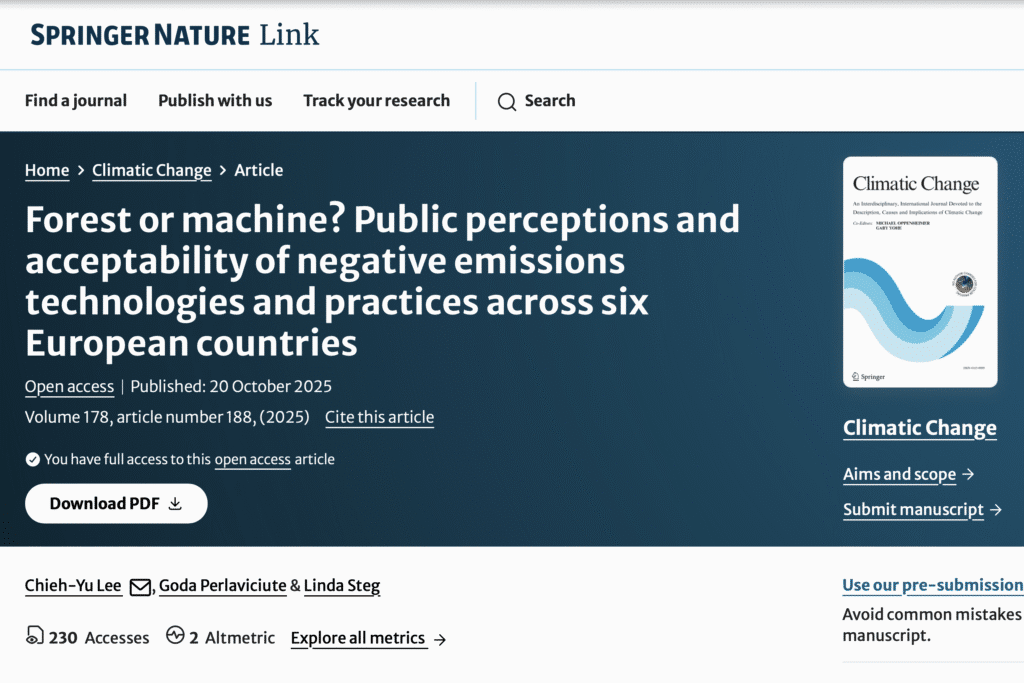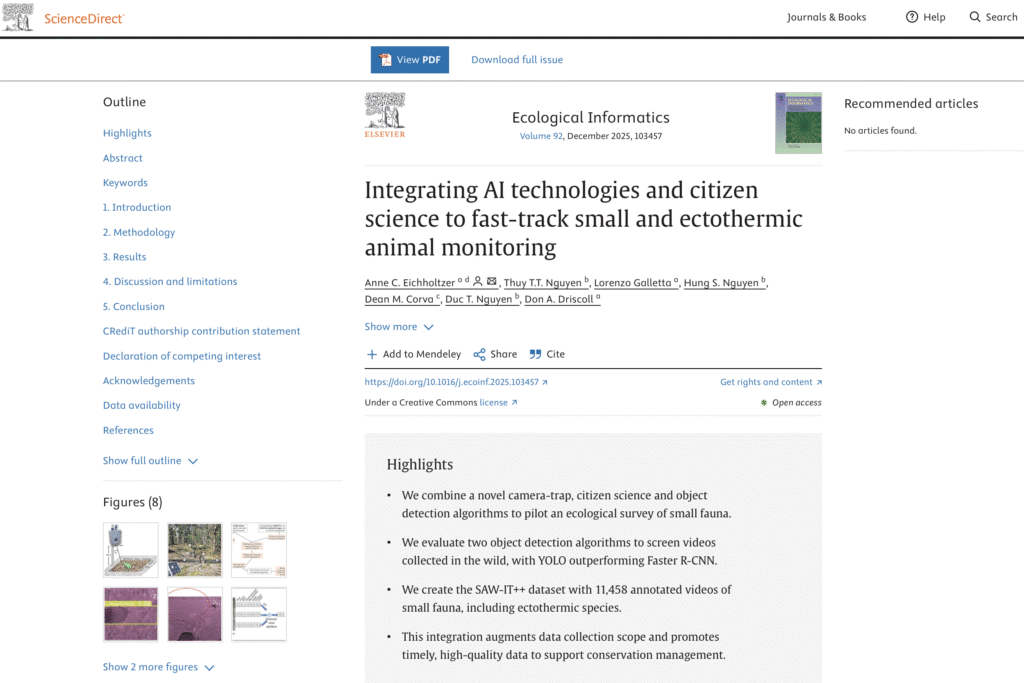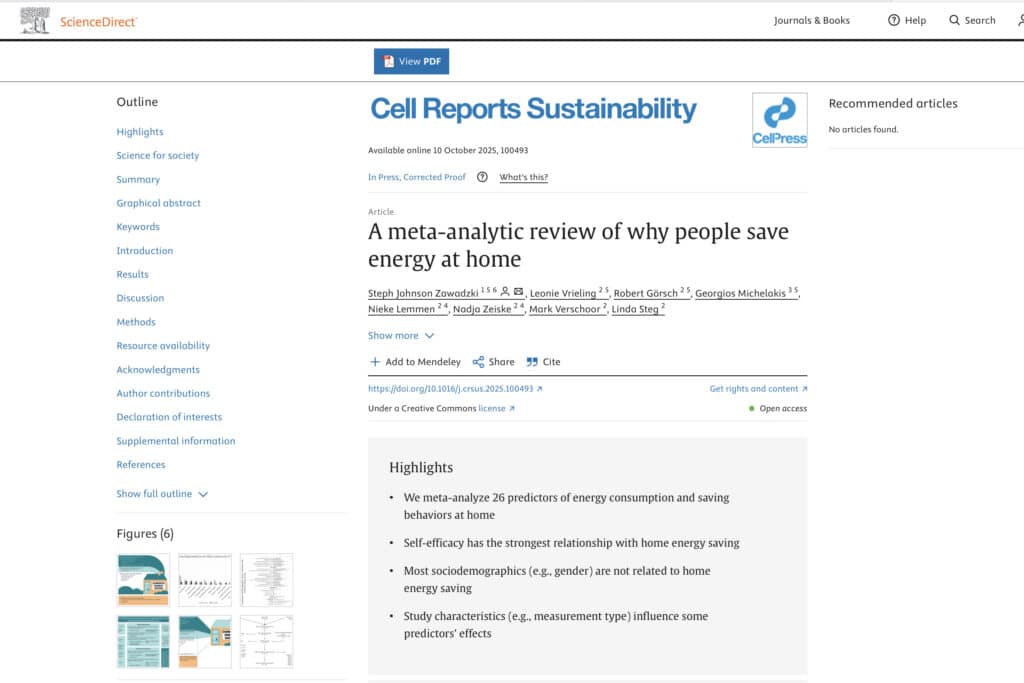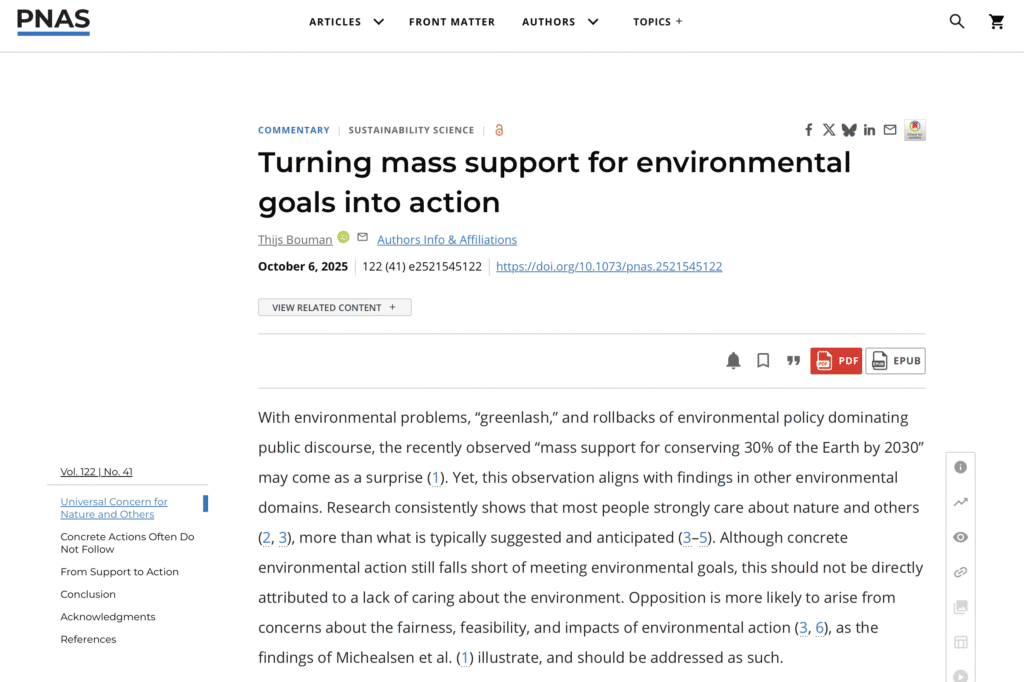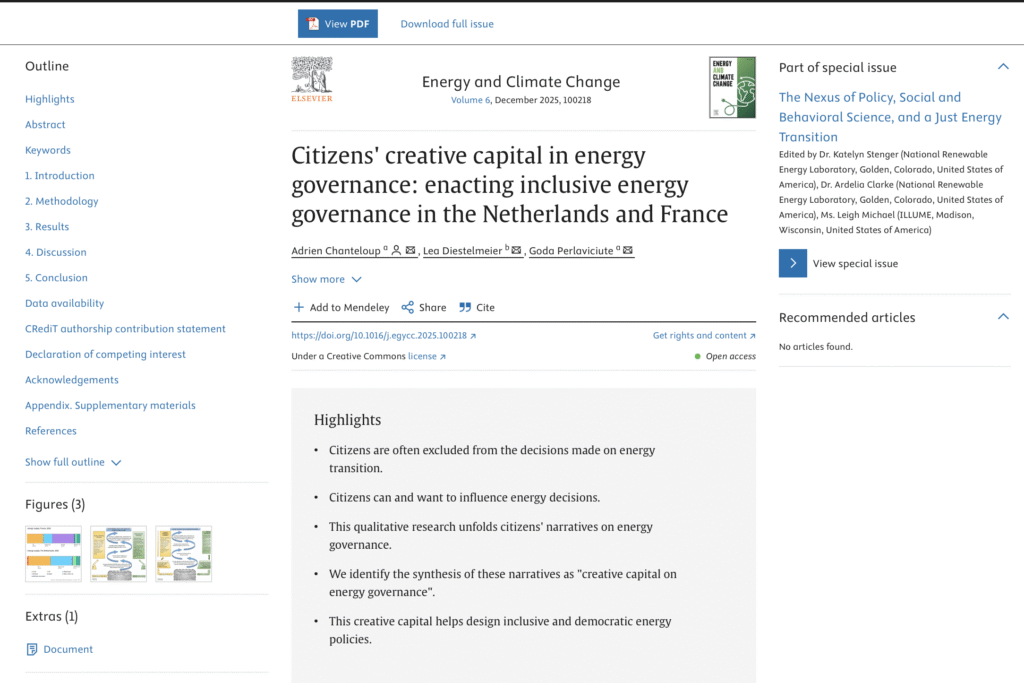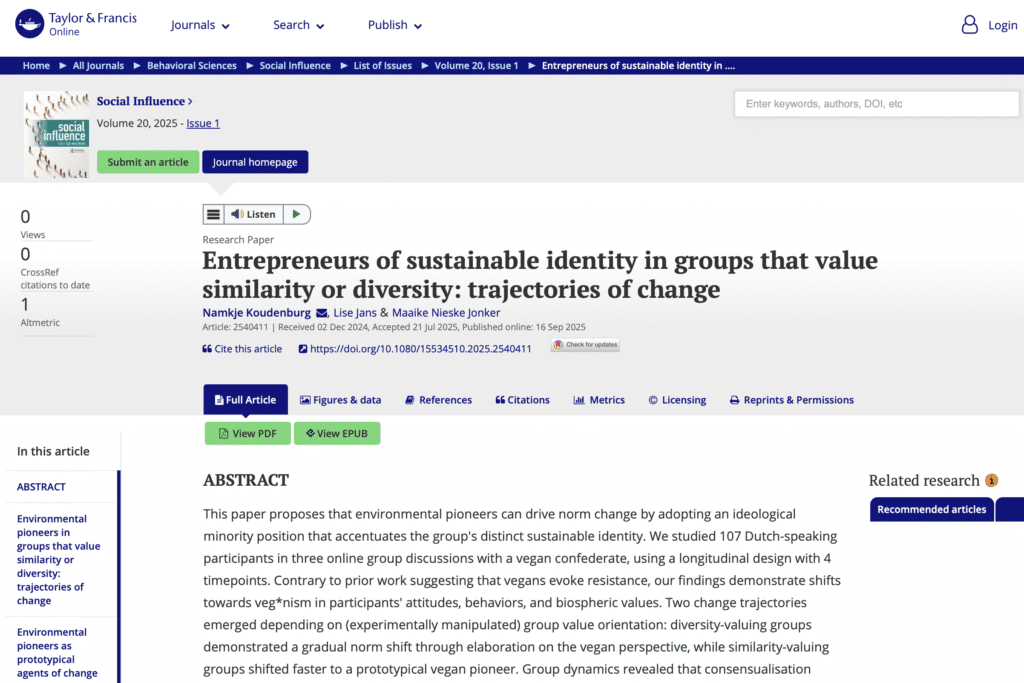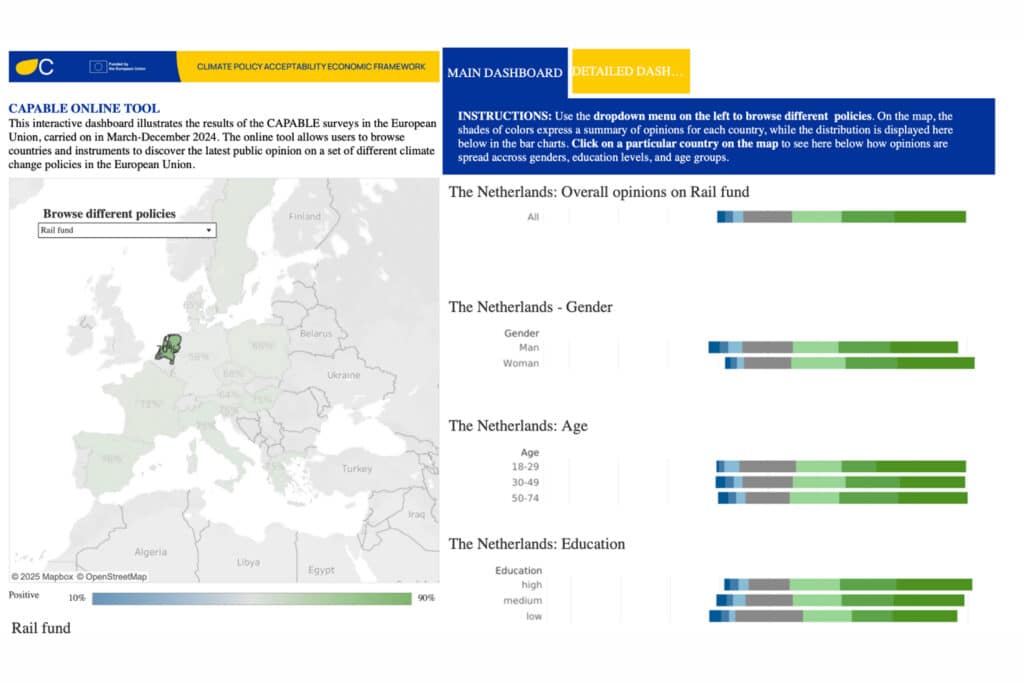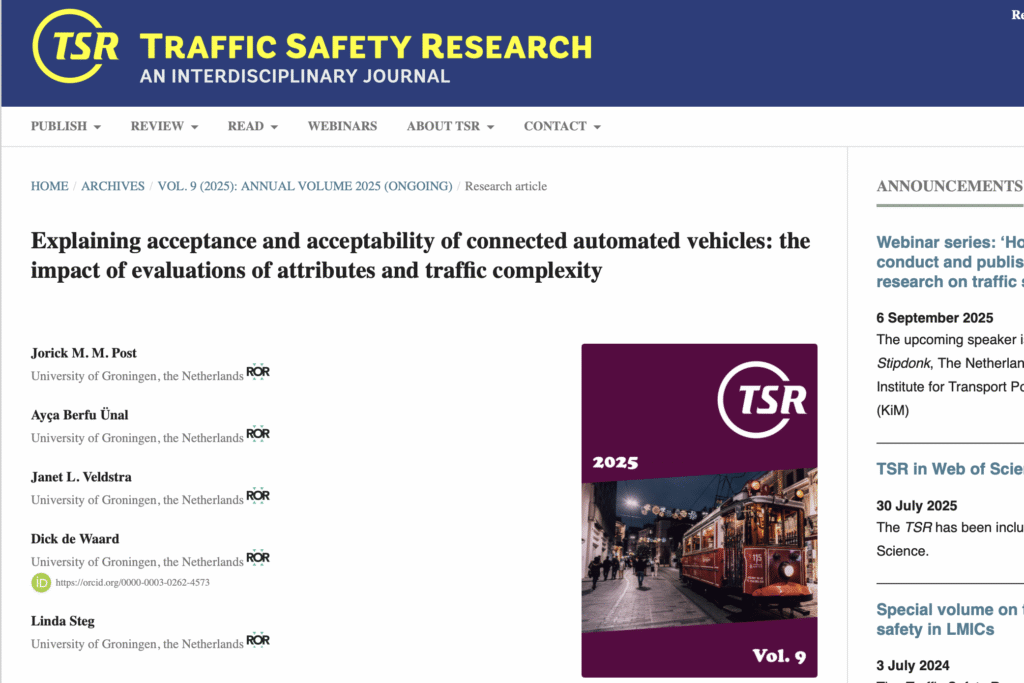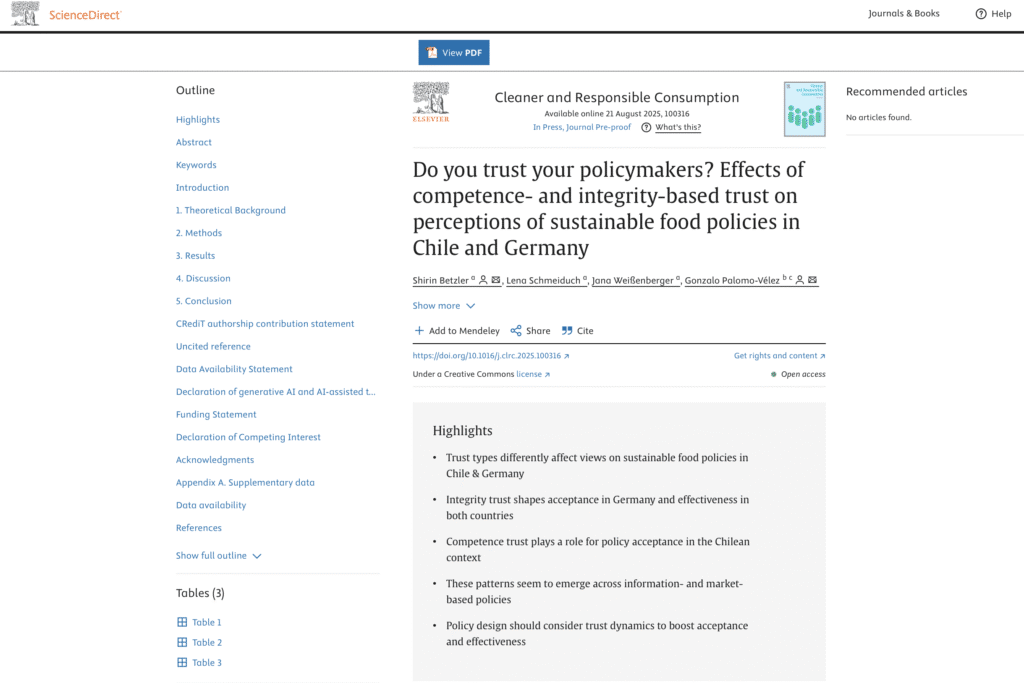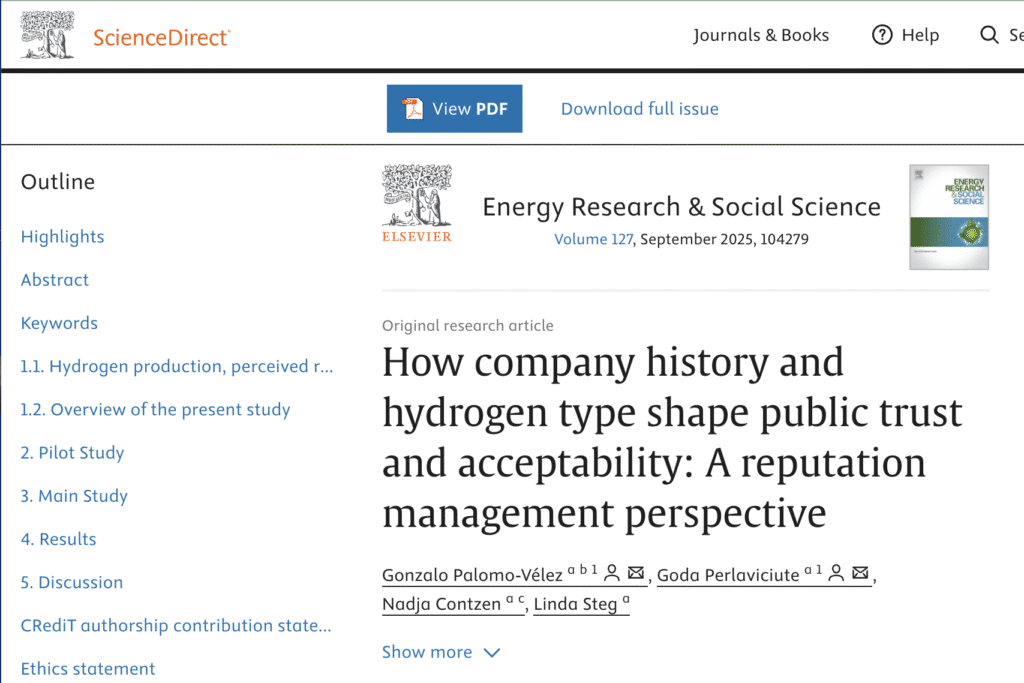Do we need to see the damage caused by climate change in person in order to care about the environment? Cruise operators in the Southern Ocean often say yes, based on the belief that visiting Antarctica firsthand turns tourists into passionate protectors of this fragile environment.
Tour companies promote these trips as life-changing experiences, and the International Association of Antarctica Tour Operators (IAATO) reports that many visitors return home inspired to make positive environmental changes after witnessing Antarctica’s unique landscapes, wildlife, and guided educational programs.
GUIDE-BEST
A research team at the University of Groningen, led by Annette Scheepstra and supported by our colleagues Anne van Valkengoed, Linda Steg, and PhD candidate Silpa Kumar, is investigating whether this is true. Their research project is called GUIDE-BEST: Growing Understanding of Individual Drivers of Expectations and Behaviours to Enhance Sustainable Tourism in Antarctic.
The research project is exploring whether people truly become ‘Antarctic ambassadors’ – people who advocate for conservation and protection of the region – after visiting, and if seeing the icy continent up close and personal actually changes their attitudes and behaviours.
GUIDE-BEST aims to understand the visitor experience and, ultimately, whether such a trip motivates people to act more pro-environmentally and protect the polar regions. Their findings will also provide recommendations for Antarctic tourism management and regulation in order to reduce negative environmental impacts and strengthen positive behavioural change in the Antarctic and beyond.
“Ocean”
The GUIDE-BEST team is also seeking to answer another vital question: is travelling to the ends of the Earth the only way to inspire this kind of change? Or could immersive technologies like virtual reality spark that same level of passion and motivation to take real action?
If second hand experiences, like a VR Arctic experience or a nature documentary, can catalyze people to into becoming ambassadors for the (Ant)arctic, they could become critical tools to encourage pro-environmental behavior with a much lower environmental impact. After all, you only have to travel to your local movie theatre, or even just sit down on your own couch, to put on a VR headset or watch a film depicting the polar habitats, rather than taking multiple long haul flights and boat trips to reach these remote regions, emitting large amounts of carbon every kilometer of the way.
David Attenborough’s recent documentary, “Ocean”, offers a powerful example of how a film can spark environmental awareness. Over the course of an hour and a half, Attenborough and local experts representing communities and industries impacted by industrial fishing explain how the world’s oceans need to be better protected through legal change – and behavior change.
Industrial fishing
The film floats between alarming stories about the fragility of Earth’s oceans and uplifting examples of their resilience, illustrated by mesmerizing footage of seals dancing through golden kelp forests and timelapses of technicolor coral reefs sprouting to life.
The film’s main revelation is the destructiveness of bottom trawling fishing vessels: casting nets wider than a football field and violently scraping the ocean floor, catching all sea creatures in their jaws. The destruction of habitats and species below the waves – even in protected waters – can be compared to deforestation of the rainforest, and similarly churning up millions of tons of carbon.
These all-consuming nets have also reached Antarctica, where ships like floating factories (which produce extreme levels of air and light pollution) are swallowing up krill. Krill are tiny crustaceans that are one of the only sources of food for blue whales and emperor penguins, forming the basis of the frigid ecosystem’s food chain.
The movie states that Antarctic krill are becoming a popular ingredient in pet foods and health supplements. But beyond their link in the food chain for Antarctic animals, they are also carbon sinks: they eat phytoplankton that has absorbed carbon dioxide and then their droppings settle on the ocean floor.
High Seas Treaty
The timing of “Ocean”’s release coordinated with the 99th birthday of the famed British naturalist Attenborough, and the third U.N. Ocean Conference. Held in early June, the conference’s goal was to ratify the High Seas Treaty, including deeming 30% of the world’s oceans as protected by 2030.
Presently, only 2.7% of the international waters in the ocean are actually protected from “destructive extractive activities”, including industrial fishing. The treaty will only come into effect once 60 countries have ratified it, according to reporting by the Associated Press. Eighteen additional nations signed the treaty in June, and 11 are left to go.
During the conference, which was held in Nice, French president Emmanuel Macron spoke out in support of ratifying the treaty: “The abyss is not for sale, any more than Greenland is for sale, any more than Antarctica or the high seas are for sale. If the Earth is warming, the ocean is boiling.”
The film makes the same case, and illustrates how nature can be a truly renewable resource if it is allowed to regenerate. Creating “no take” zones in the ocean – like Papahānaumokuākea marine national monument in Hawaii – where industrial fishing is banned gives sea life time to repopulate. As the film shows, no take zones also allow species to thrive, give individual animals time to grow larger, produce more offspring and ultimately spread beyond the boundaries of the protected area. They replenish the surrounding waters too, with a positive cascading effect.
Ocean ambassadors
But does the film go far enough to catalyze people? Is it just giving those among us who already have biospheric values more reason to act pro-environmentally, or does it actually have the potential to reach people who may be less concerned about climate change and turn them into ocean ambassadors?
The film talks about the crisis of coral reef bleaching, but does not speak at length about ocean acidification, nor does it acknowledge the human rights abuses in the industrial fishing industry or the ecological harm caused by fish farms. But it could be argued that a more general and moderate approach has more potential to reach a wider audience, and therefore be a more impactful form of ambassadorship.
“Ocean” also takes great pains to emphasize that fishing is not inherently unsustainable, citing the long traditions of small-scale fishing by coastal communities whose livelihoods and diets rely on fish in their own near-shore waters. Compared to the current system of industrial fishing which would have to undergo drastic changes into order to become more sustainable, the most pro-environmental argument would be to just go for a plant-based diet and forego fish altogether. But sustainability necessarily also includes feasibility: a village being forced to change their culture because of extractive practises of industrial fishing in their territory is not sustainable climate action.
Climate action from the past
Towards the end of the film, Attenborough cites the save the whales campaign of the ‘70s and ‘80s as an example of effective climate action from the recent past. It helped bring back many species of whales from the brink of extinction, and it was kicked off by a National Geographic giveway. Subscribers to the nature magazine received an album with the first recordings of whale songs, which made the massive mysterious mammals feel realer to humans than ever before.
One of the first and most memorable shots of “Ocean” is a colony of penguins waddling and hopping around on an iceberg, where the camera pans up to reveal hulking fishing ships in the dark Antarctic waters, set to foreboding music.
The sense of dread and anger it provokes could be just as impactful – if not more – than huddling with a bunch of other tourists in parkas, watching it from afar on the deck of a cruise ship.
These powerful scenes could inspire a growing group of ocean ambassadors: people who care deeply, understand the challenges, and are motivated to take action to protect our planet.
Photo credit: ArcticDesire.com Polarreisen/Pexels


